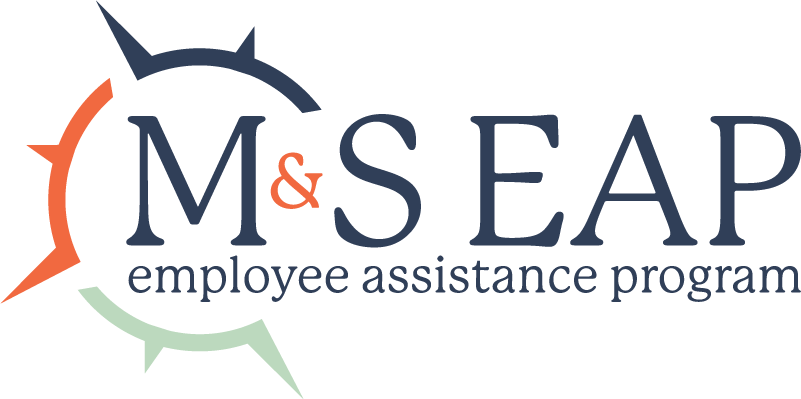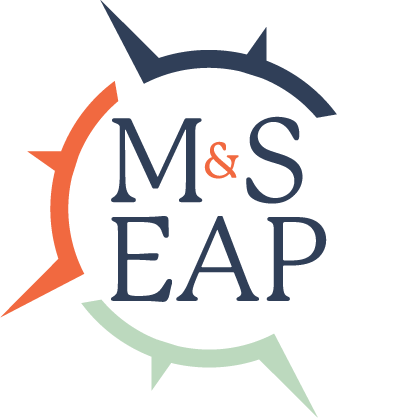5 Tips to Help You Tell Your Boss You Have an Addiction

You may be wondering, do you really have to tell your boss about your addiction, though? Is it even their business? What if you just try and do a self-detox, get sober, and they never have to know?
The truth is, when someone is actively struggling with substance use disorder, there are signs; chances are, your boss has already noticed something is “off” with you, even if they aren’t entirely sure what.
If you’re considering attempting a self-recovery (recovering without professional assistance), we advise you don’t. Whether or not you would quit your job to try this, going through withdrawal without proper medical supervision can not only be dangerous, but even potentially fatal.
You might be dreading the “addiction talk” with your boss, but since you’re reading this, you probably know in the back of your mind that this is a conversation that needs to be had.
In this article, we’re going to walk you through exactly how to tell your boss that you’re struggling with substance use disorder, whether drug- or alcohol-related.
1. Be straightforward and honest
Fear can sometimes cause us to sugarcoat the truth, to water it down, or go about disclosing it as vaguely and indirectly as possible — more often than not, this is a waste of time and energy.
Choose to be honest with your boss, even if you’re embarrassed; choose to be honest, even if you’re dreading rumors among your coworkers; choose to be honest, even if you fear judgment; choose to be honest and straightforward, especially when it’s challenging.
You are not a bad person, and you are not your addiction, show them that.
2. Stay forward-focused
Rather than speaking in a way that insinuates this addiction is actively derailing your life (and in your boss’s mind, your ability to work), focus on the fact you are moving forward with recovery.
Sometimes when we get nervous, we ramble, and rambling can lead to an outpouring of emotions and despair that would not only overwhelm your boss, but unsettle them.
Speak slowly, be aware of what you’re saying, and focus on talking about your commitment to not only recovery, but especially, achieving sobriety.
3. Have a plan in place
Some organizations and businesses have a pre-existing method for working with and assisting those struggling with substance use disorder. If your company is one of these, your boss may have some suggestions as to how you both will move forward from here.
If your company doesn’t have a formal way of helping employees navigate addiction and work, and especially if your boss is unfamiliar with addiction, it’s important to have a plan in place. Whether this means informing your boss you are going to a rehab facility, enrolling in a recovery program or something else, affirm to them you have a plan, and are moving forward.
4. Prepare yourself for a reaction
A genuinely understanding boss will always prefer honesty to lying or a façade, and this kind of boss will support you in your recovery however they can. They may even give you the opportunity to regain sobriety without the fear of losing your job in the process.
Unfortunately, not every boss is so understanding.
If they, as an individual, have never experienced being around addiction (whether personally or through a loved one), they may be carrying some stigmas or negative beliefs around substance use disorders. They might not know how to respond — or they have an unkind immediate reaction to those struggling with them.
Consider, in advance, how you would respond in both a supportive and unsupportive scenario, and breathe deeply throughout the entire encounter, this will help you remain levelheaded.
5. Contact us for additional support
We can guess that disclosing an addiction to your boss is probably a conversation you’d like to go your entire life without having, but if you’re reading this, it’s probably time to address it.
We’re here to help you do that, and more.
At Mazzitti & Sullivan EAP, we’ve chosen to dedicate ourselves to helping others achieve long-lasting sobriety; sobriety that leads you to be happier and healthier than you’ve ever been before.
We are the premier nationwide employee assistance program, and every treatment plan we offer is fully customizable to your specific needs and preferences.
To speak with one of our compassionate staff members today, give us a call at 800-543-5080.



